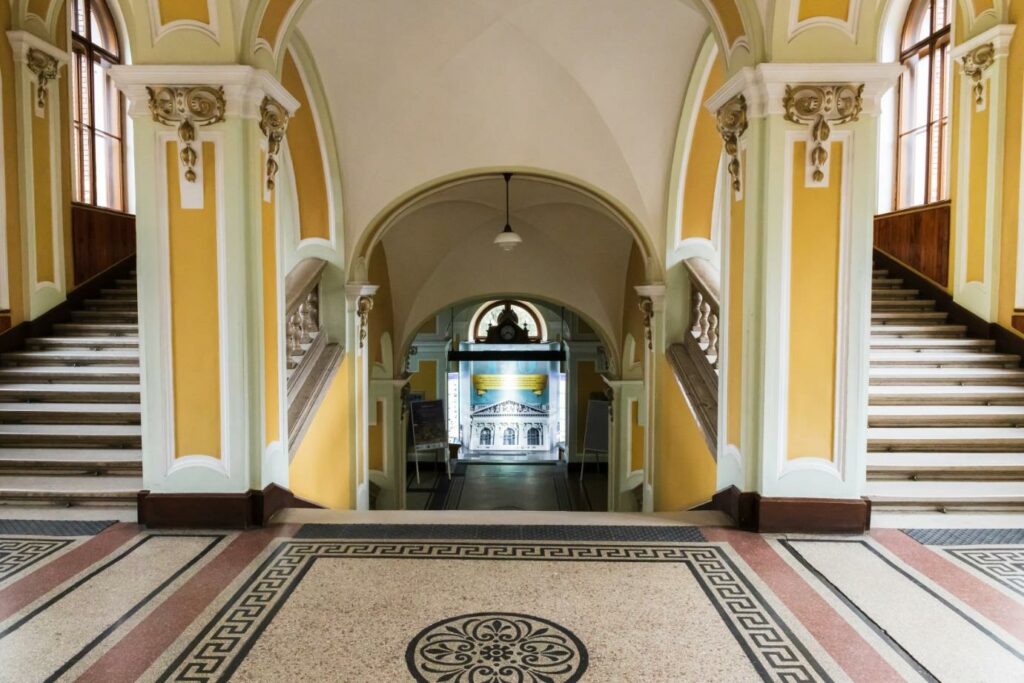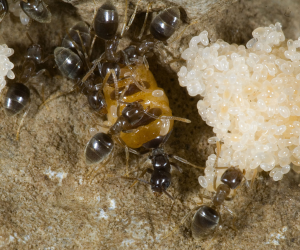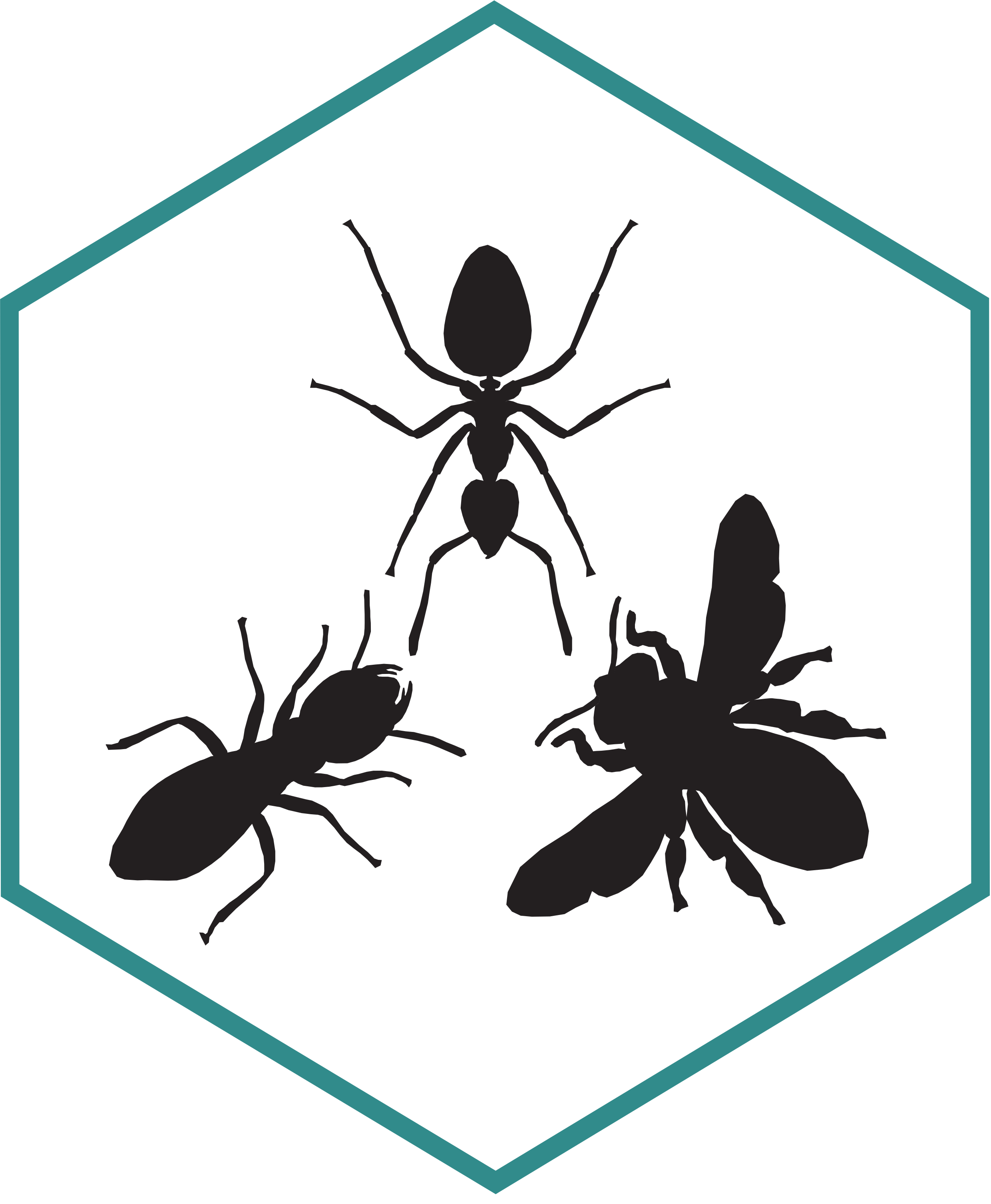Cluj-Napoca, or Cluj as it is usually called, is the unofficial capital of Transylvania, a vibrant city of culture and youth, with more than 90,000 students out of the total of circa 300,000 inhabitants of the city itself, and 500,000 of the metropolitan area. A city centre filled with history, parks, beehive buildings of the communist era, new offices, student bars and restaurants make Cluj a mosaic worth visiting. And there are numerous transport hubs: an international airport (https://www.airportcluj.ro/) with connections to a large number of European cities, the climate-friendly possibility of using railway connections via Wien, Budapest, and of course travelling by car is also a viable option.
Don’t forget: we are EU members, but, unfortunately, not yet Schengen. So if you are an EU citizen a proper ID card should do it at the border control, but if you are not from an EU or a Schengen country, then do check the list of needed entry documents.
The climate is continental, Septembers are warm and nice, sometimes though a bit rainy and the autumn chill can bite sometimes. So be prepared with raincoat and few warmer clothes. And don’t get mad if you are not using them, that’s a sign that September was favourable for IUSSI.
We are surrounded by hills, mixed forests of oak and beech, and forest steppe-like grasslands. Ants, bees and wasps? Of course! Termites? Well, not yet. In Southern Romania we have them (Reticulitermes spp.), so just not yet. The fauna is Central European with hints of Eastern and Balkan elements.
For a foreign visitor it should be no problem to get around. English is a language that many people, especially younger generation, speak, and you can use it even in shops, certainly there will be someone to help.
Cluj is amongst the top safe cities in Romania. Of course, you should look out for your belongings, but not more specific measures should be applied than in any European city.
Getting by is easy in Cluj. The traffic is heavy, jams are pretty much the norm. However, public transportation is of very good quality. Buses, trams, trolley-buses are available and will get you to your target location on time. You can by tickets in the stations (free tickets are available in return for physical exercise), on the bus by card/telephone, or with the help of a mobile application. Numerous taxi services are available. Uber is not working properly in Cluj, Bolt is though nicely functioning. From the airport bus no. A1E takes you in the centre. However, there are taxis at the airport as well. Beware of non-affiliated ones, and always ask before you jump in whether you can pay by card (it is mandatory to have this option, but some try to avoid).
The city, while it is well known for its booming IT-sector, is also home for numerous clinical facilities, so should any health issue arise, you should be in safe conditions. Health insurance works here as well. But hey, let’s not make that part of your IUSSI-experience.
And last but not in the least: when toasting we say Sănătate or Noroc in Romanian, and Egészségedre in Hungarian. But Prost, Na zdrowie, Cheers, Santé and all others will do just fine.
Want to know more about Cluj? https://en.wikivoyage.org/wiki/Cluj-Napoca


